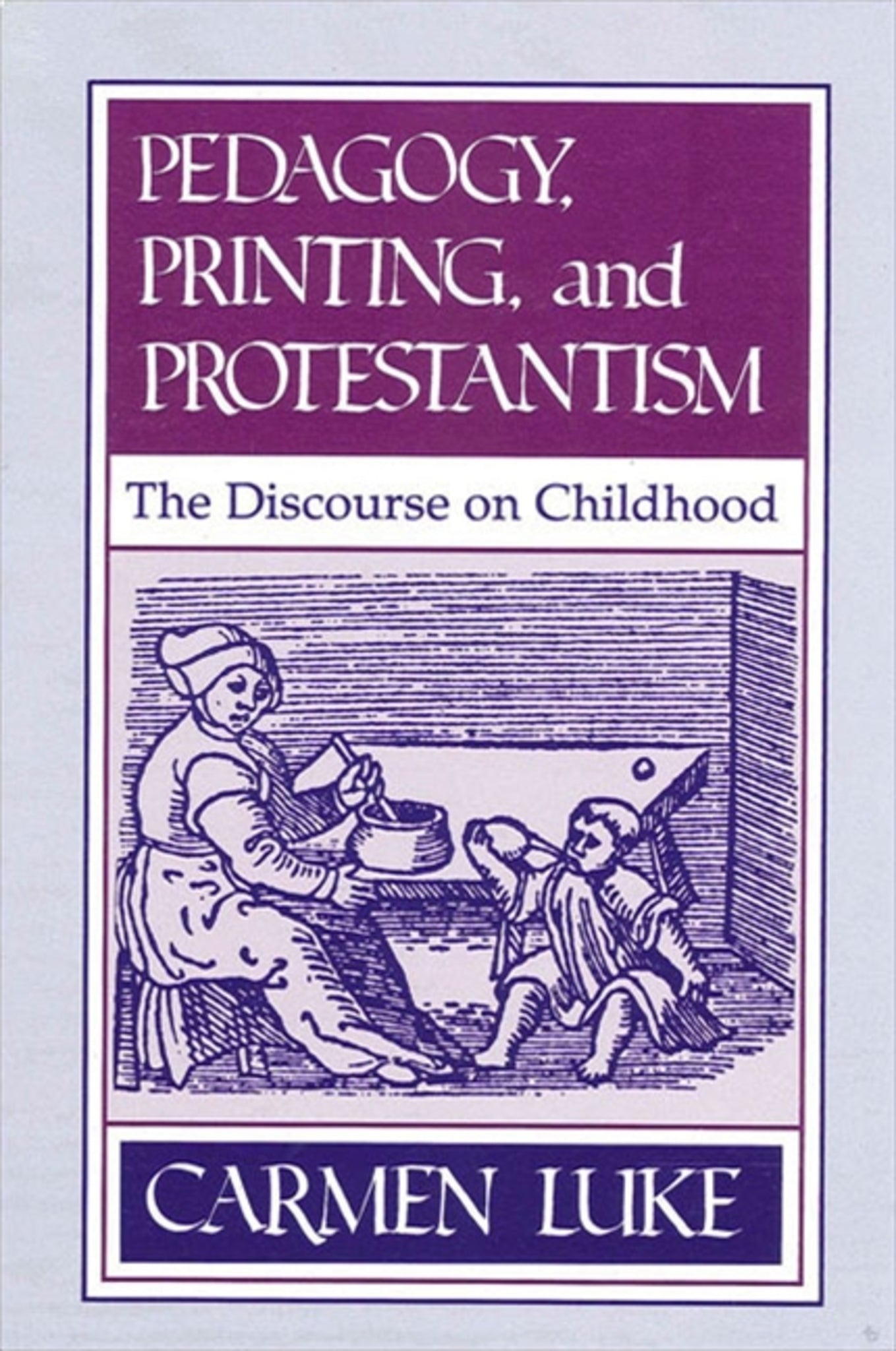We're sorry. An error has occurred
Please cancel or retry.
Pedagogy, Printing and Protestantism

Some error occured while loading the Quick View. Please close the Quick View and try reloading the page.
Couldn't load pickup availability
- Format:
-
01 July 1989

Using Foucault's history of discourse, this book examines the relationship between the invention of the printing press and the evolution of concepts regarding childhood and schooling. It is an interdisciplinary study of schooling, childhood, literacy, and protestantism in 16th-century Germany. Luke traces the agenda for the rearing and education of the young as outlined by the Protestant reformers and popularized by the advent of printing. Luther's print-based religious campaign led to his call for universal public schooling to promote literacy - a fundamental requirement of the new theology. Luke identifies the development of an emergent discourse on childhood in the reformer's tracts, school ordinances, personal correspondences, conduct, and household and medical guides. From a Foucauldian archeological perspective, then, Pedogogy, Printing, and Protestantism examines the conditions that enabled the emergence of early modern discourse on childhood.


"The author's creativity lies in bringing Foucault's perspective to bear on the convergence of many forces in 15th and 16th century Europe." — Clifford Hill, Columbia University
Acknowledgments
Introduction
1. Pedagogy, Printing, Protestantism
2. Approaches to the History of Childhood
3. Typography and Reformation
4. Lutheran Pedagogical Principles
5. Lutheran Pedagogical Practices
6. The Discursive Formation of Childhood
Notes
Index



